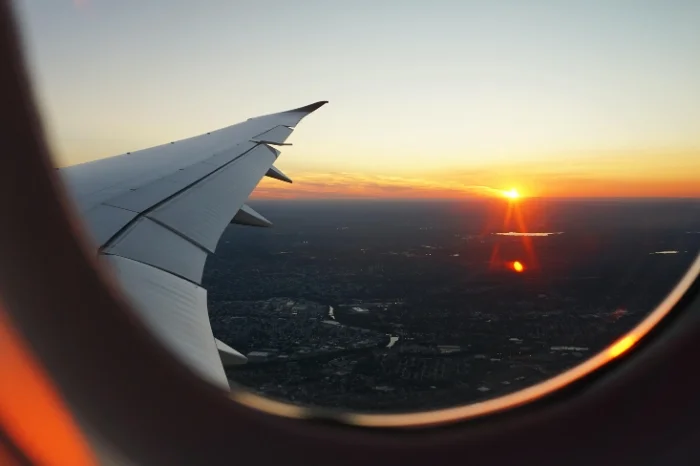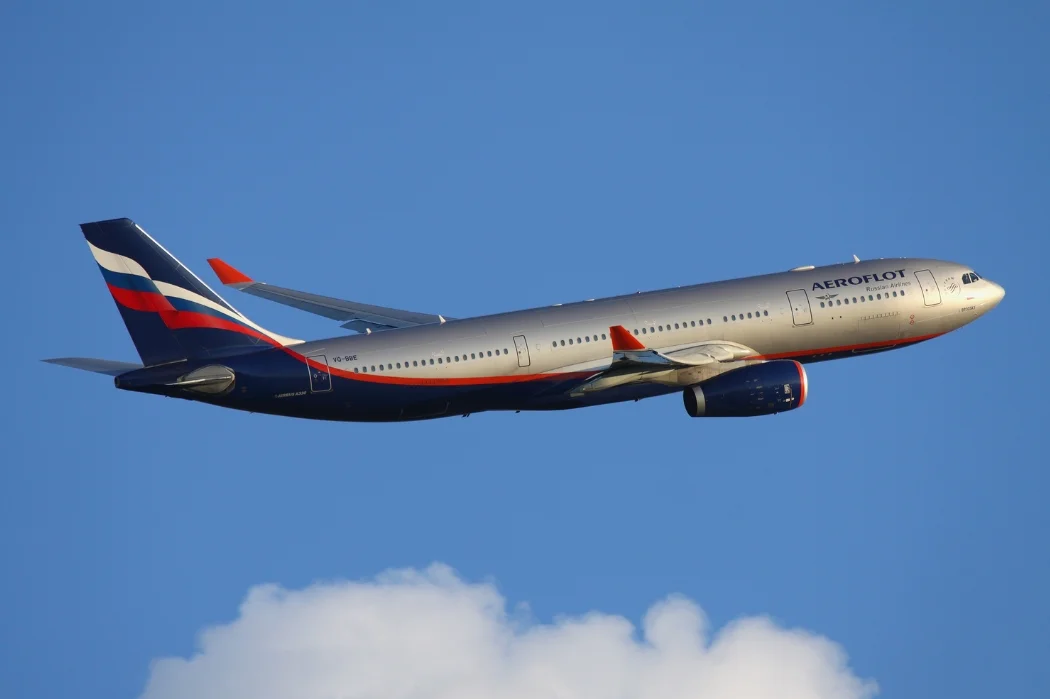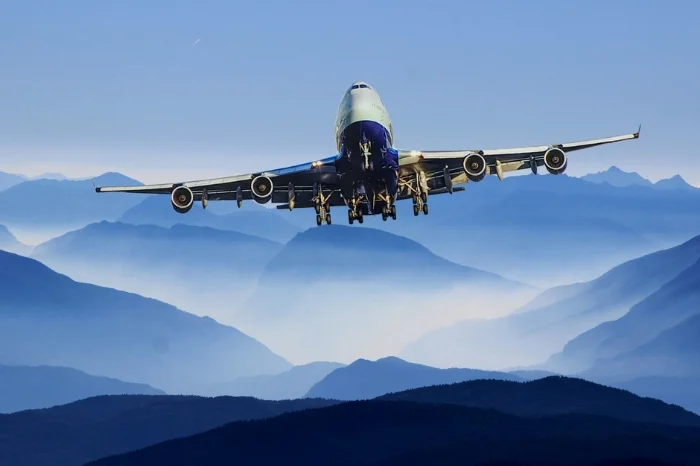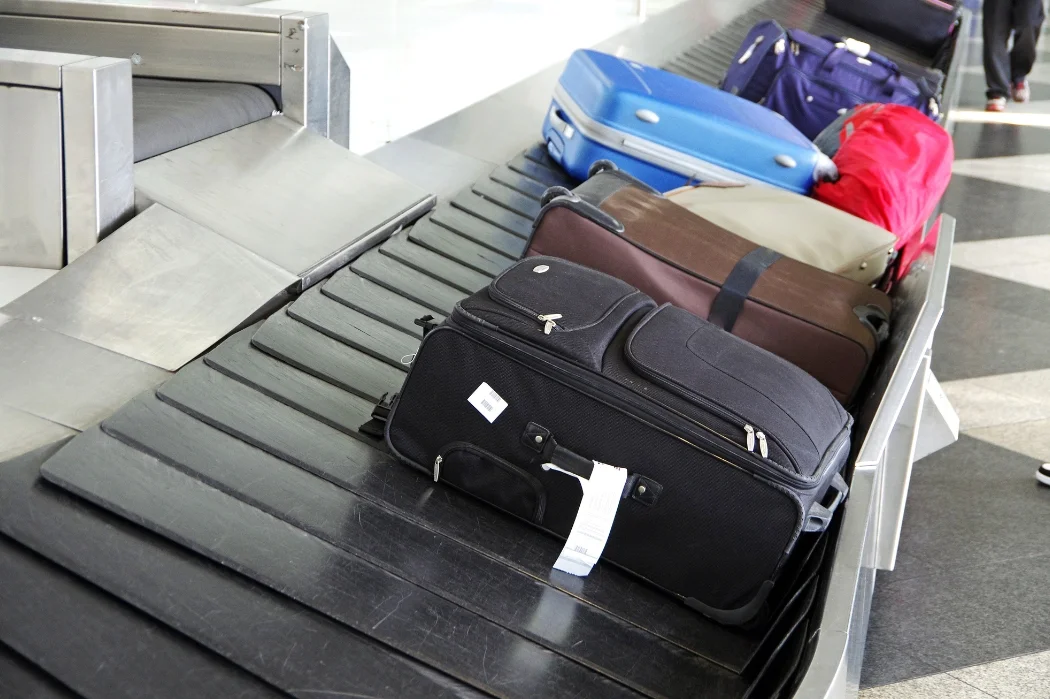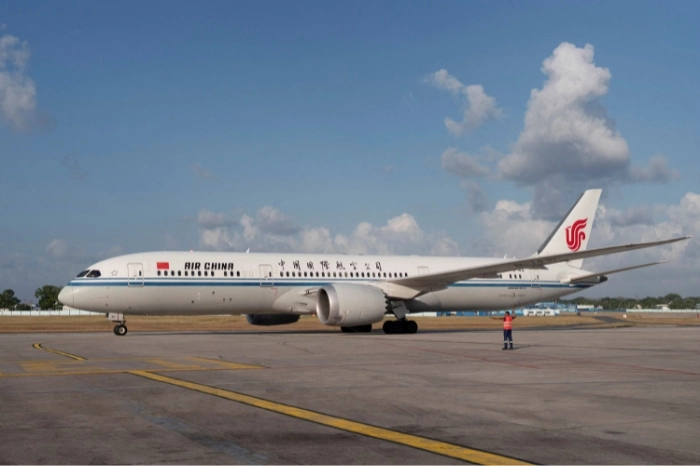- 26 Dec, 2024
The end of the year, particularly in December and early January, is always characterized by high flight rates because people are eager to travel to be with their loved ones during Christmas and New Year's Day. But what happens each day following the Christmas festival? Are flights even cheaper after the holiday season? The answer is unclear, but knowing the nature of travel and price changes can help you find a more affordable way.
The Holiday Travel Report:
The Post-Christmas Travel Surge After Christmas, the traveling chart begins moving. Nonetheless, the highest travel day occurs on December 25th, with demands dropping in the following days, especially after New Year's Eve. This period is commonly known as 'post-Christmas' or 'Post-Holiday' to mean that it predicts low leisure travel due to a new working or school week.
Lower Demand:
Lower people's demand can result in lower fares, which does not necessarily imply that the fares will always be lower. Crews regularly add underlying flights or decrease ticket prices to fill their planes, for instance, before the New Year holidays. However, flights reserved after Christmas day up to the 26th to 30th of December may be cheaper but slightly more costly because of holidaymakers and low supply.
The Period of January:
On the other hand, January falls in the airline's promotional period, so cheaper plane tickets can be easily obtained. There is usually a tiny clustered demand after the holiday season, especially in the winter and before spring break. Since fewer people travel by air, airlines can reduce their rates to cover the cost of service on some lines, which otherwise wouldn't be very profitable. The first and third weeks of January are the most suitable for traveling. Thus, historical experience and data on flight ticket prices and ticket sales predict that air ticket prices can drop sharply at this time because people are already back to work, and airlines have targets to sell tickets for travel to sunny climates, business, and recreational in February and March.
Why Have Airplane Tickets Lowered in Value after Christmas?
Several factors contribute to cheaper flights in the days and weeks after Christmas:
-
Lower Demand:
For one, many people will have left the holidays by the end of this month, so less travel is needed in the form of flights.
-
Airline Strategy:
Some forms of incentives can exist to encourage passengers to fly during off-peak demand occasions by the airlines. These sales can begin as soon as the Christmas festivities are over or at the beginning of the New Year to reach economic consumers.
-
Fare Sales and Promotions:
Some, if not most, airline companies start their New Year specials and seat sales at the start of the year. These products are usually sold with added benefits, such as seasonal specials or flash sales that dramatically reduce ticket prices.
-
Flexibility:
Of all the strategies savvy travelers use to get the cheapest flight, one that stands out is flying just after December, the New Year period. In general, the earlier in the year, and especially the first two weeks in January, the cheaper the ticket.
Contact us

